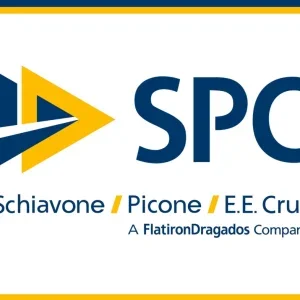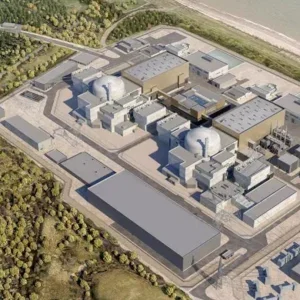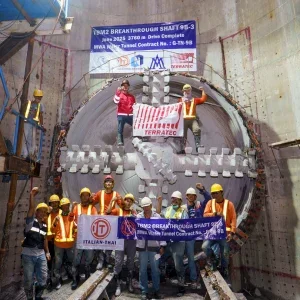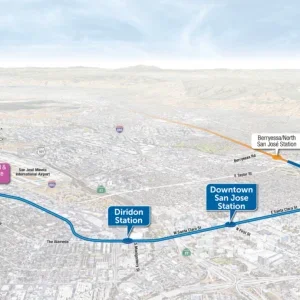
“An important consideration when planning and carrying out tunnelling works is the impact that those works may have on Third Party assets, particularly in cities,” said New. “Damaging ground movements and loads may be caused by the tunnelling itself and/or by associated works for shafts.
The impacts of tunnelling on buildings throughout the world have been widely reported but the impacts on utility apparatus have not received such detailed and extensive attention in the literature.”
The principal purpose of the lecture will be to consider strategies and methods of impact assessment for utility pipelines and tunnels.
The content will be informed by numerous investigations into pipeline failures and consideration of the geo-environment of pipelines in cities, which may render conventional analyses unreliable or even intractable.
The lecture will discuss the current mainly analytical approaches to the problem and suggest other more broadly risk based methods which may be considered for future application.
The emphasis will be on simplifying the assessment process to reflect the uncertain condition of the pipelines and other relevant factors but retain the asset protection essential to utility providers.
New’s expertise and experience is in geotechnical engineering, tunnel and pipeline design, construction and planning with emphasis on the interaction with the urban environment. In particular New has carried out numerous forensic investigations of tunnel and pipeline failures and impact assessments for construction works involving existing tunnels, major structures and pipelines.
BTS chairman Mark Leggett will lead the evening while Professor Lord Robert Mair of Cambridge University has agreed to introduce the lecture. New worked with Mair on various projects including the centrifuge modelling research at Cambridge and the Channel Tunnel Rail Link prior to his joining the Geotechnical Consulting Group in 1995.
The Harding Lecture is delivered biennially by a respected figure in the British tunnelling. The topic is chosen by the lecturer and can be anything they consider apposite to modern tunnelling.







